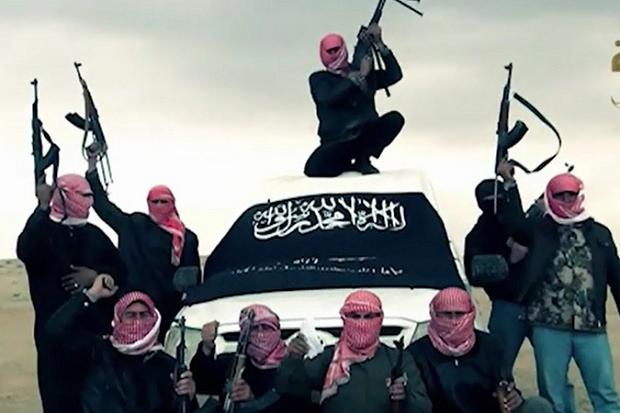
From David Enders, McClatchy: Two Syrian rebel groups – one seeking an elected civil government, the other favoring the establishment of a religious state – are battling each other in the city of Tal Abyad , on the border with Turkey, in a sign of the tensions that are likely to rule this country if the government of President Bashar Assad falls.
Four people were killed Sunday in fighting here between the Farouq Battalions, which favors elections, and Jabhat al Nusra, or the Nusra Front, which the United States has declared an al Qaida-affiliated terrorist group. Since then, Farouq has been massing men here in an example of the growing friction that’s emerged in recent months as Nusra has captured strategic infrastructure across Syria’s north and east, including oil and gas installations, grain silos and a hydroelectric dam. . . .
The rivalry between the groups is a reminder of how divided Syria’s rebel factions are and how inaccurate it is to refer to the anti-Assad forces as if they were a single group, with a single goal. Indeed, while news stories for months often referred to rebels as the Free Syrian Army, that term is more an idea than an organization. Instead, the rebel movement comprises dozens of groups whose ideologies have only one common goal: the toppling of the Assad regime. . . .
The rivalry between the groups has become increasingly apparent as Nusra raises the volume of its calls for Islamic law. Recently, it suggested it might declare Raqqa, the largest city under rebel control, the center of an Islamic emirate. Last November, the group clashed with members of Kurdish militias after it seized the border crossing at Ras al Ayn. . . .
In candid moments, members of Nusra don’t deny their links to al Qaida in Iraq and the Islamic State of Iraq, the al Qaida-linked group that battled U.S. troops there and continues to carry out attacks. All three groups call for establishing Islamic states in the areas in which they operate, in Syria and Iraq, and view non-Sunni Muslims as apostates who’ve rejected Islamic teachings. . . .
Abu Mansour said that for now, Nusra had withdrawn from Tal Abyad. But he expected more fighting.
“It seems we cannot deal with them peacefully,” he said. “So it seems inevitable we will fight them, whether it is before the regime falls or after.” (photo: Times/London)
Image: times%203%2028%2013%20al%20Nusra.jpg
